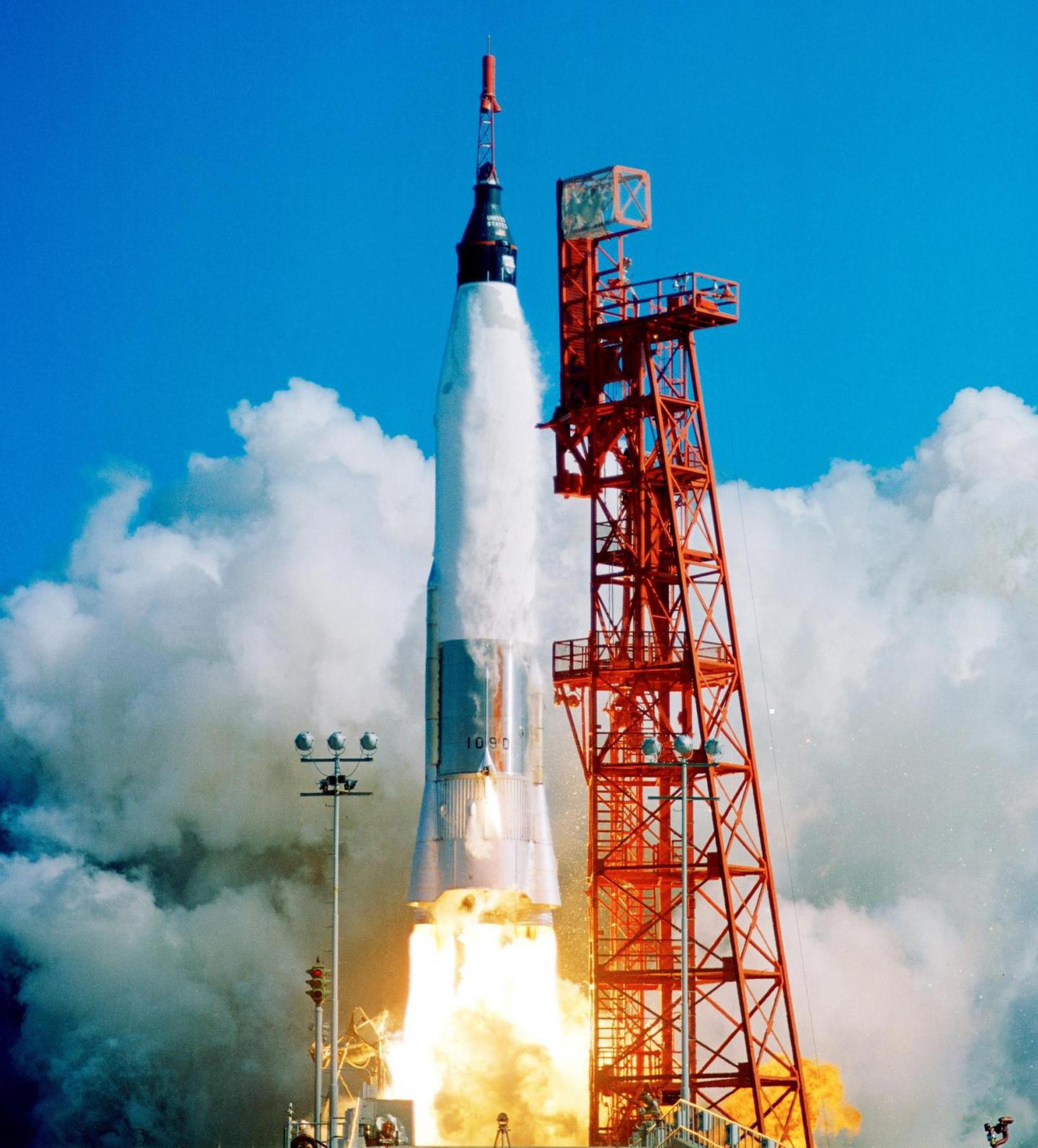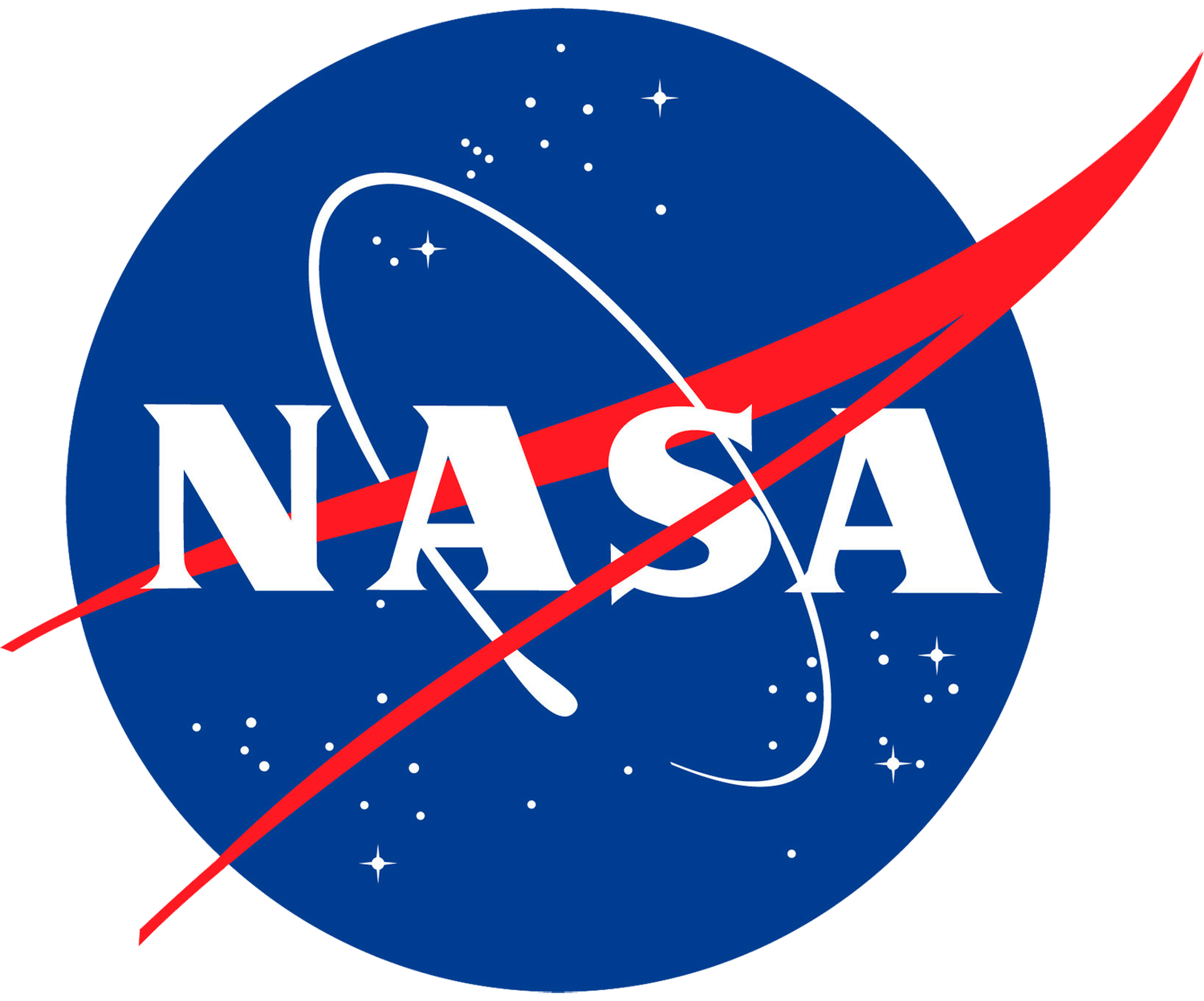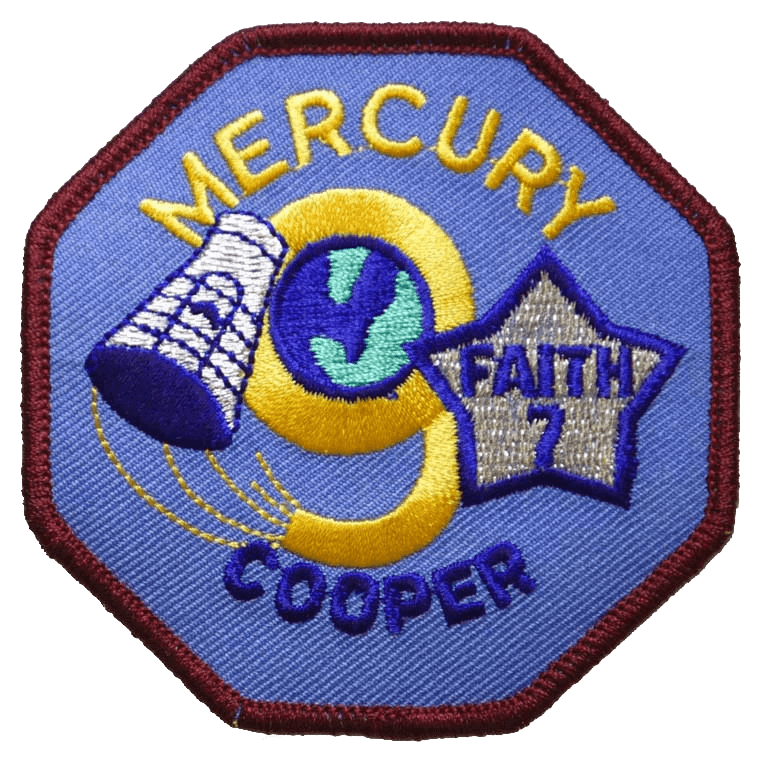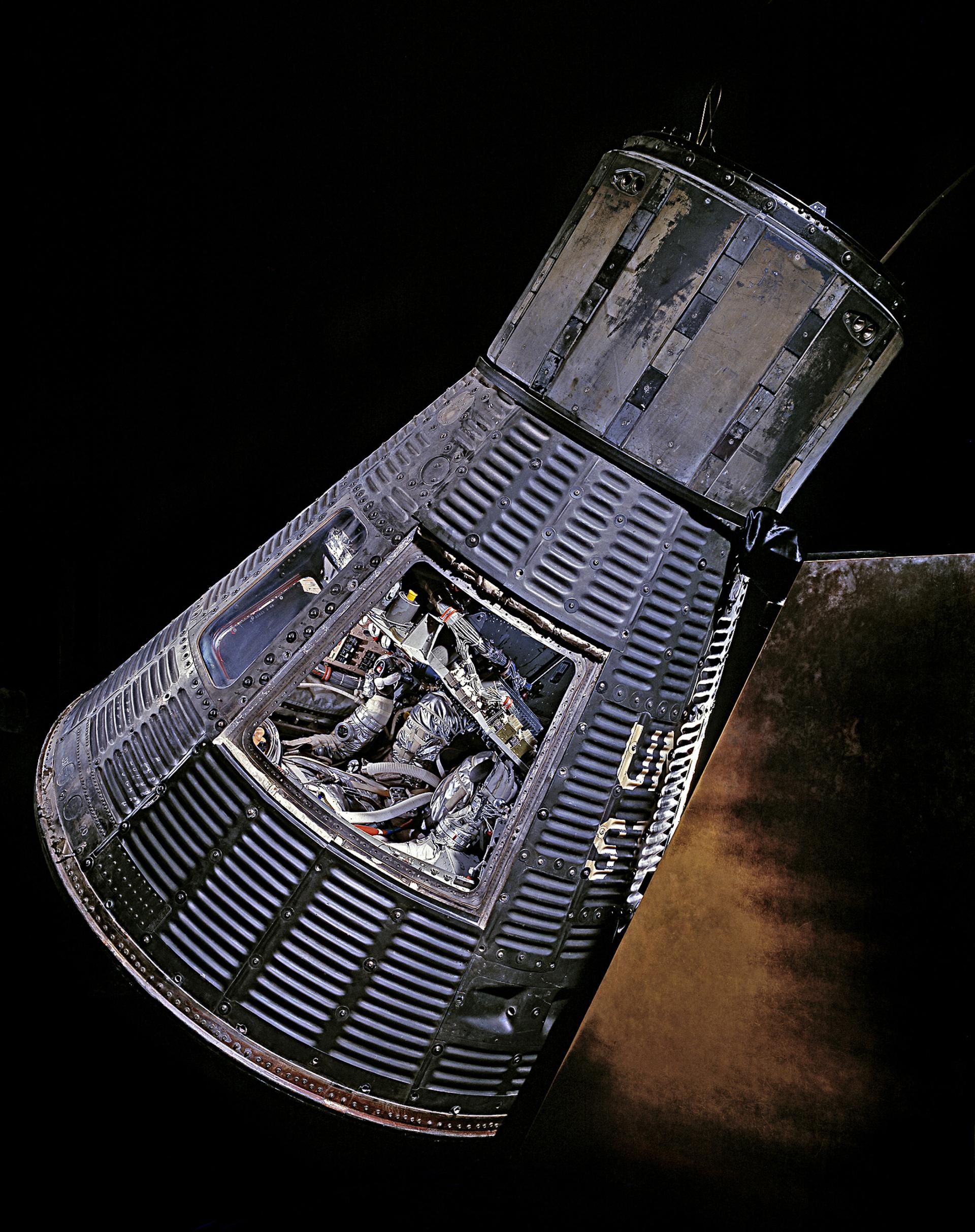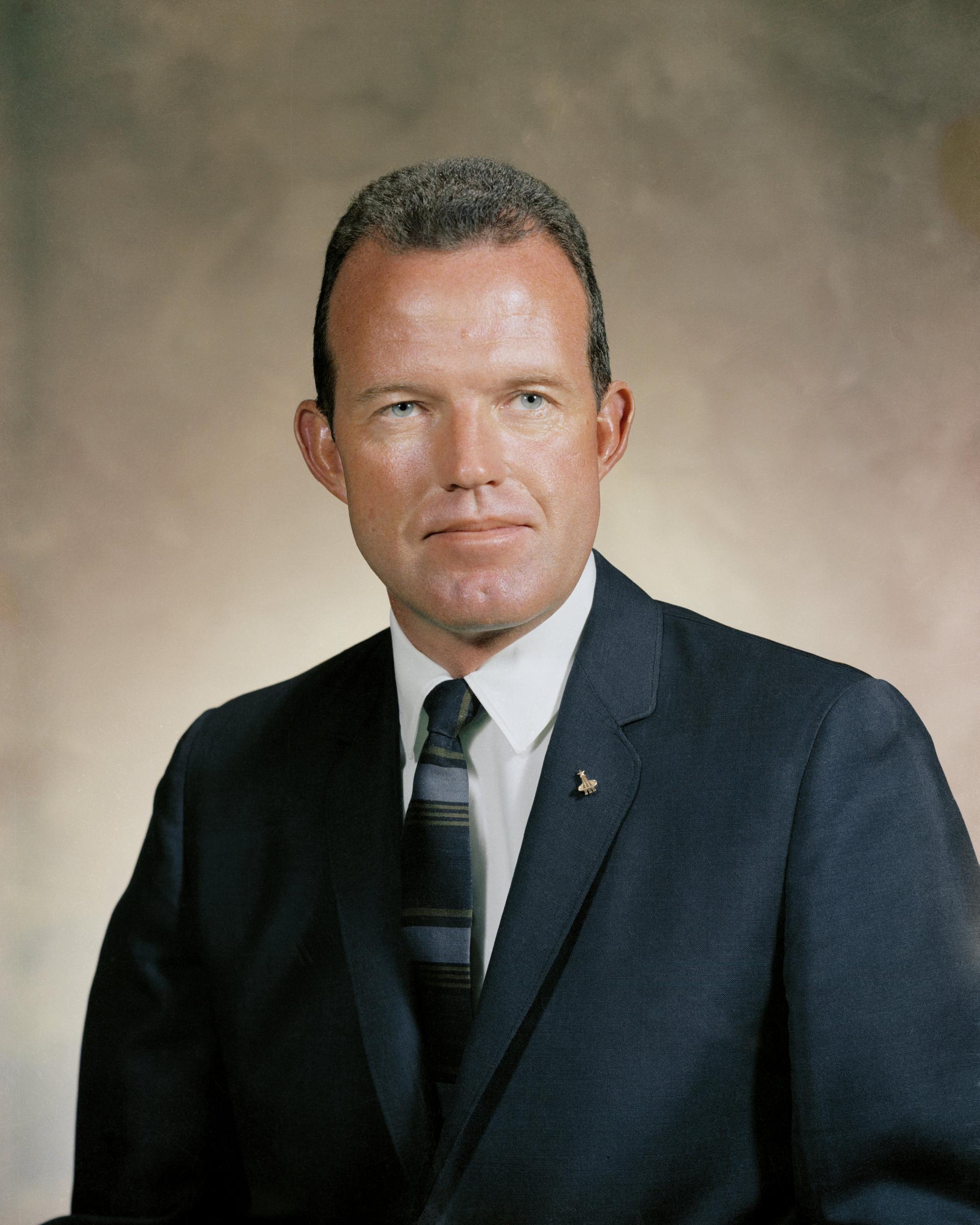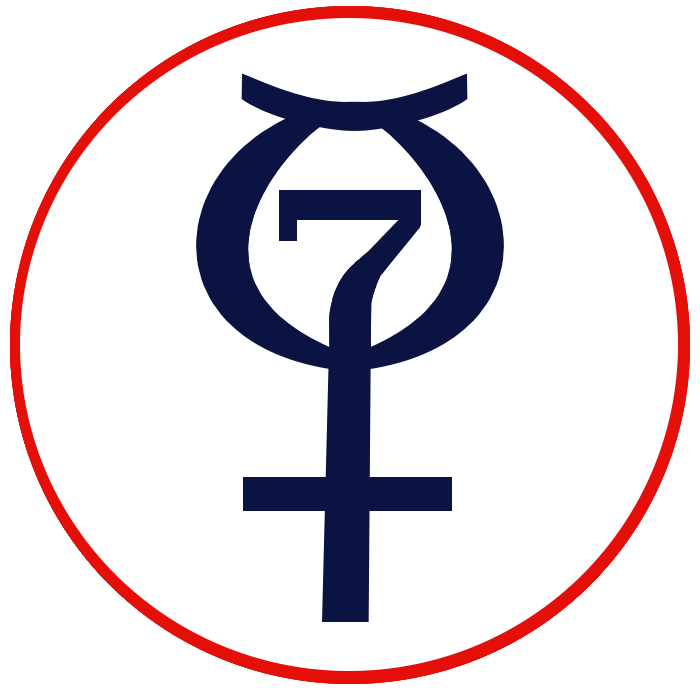Atlas LV-3B | Mercury-Atlas 9
Space Launch Complex 14
Cape Canaveral SFS, FL, USA
T?
--
Days
:
--
Hours
:
--
Mins
:
--
Secs
Date Loading...
National Aeronautics and Space Administration
The National Aeronautics and Space Administration is an independent agency of the executive branch of the United States federal government responsible for the civilian space program, as well as aeronautics and aerospace research. NASA have many launch facilities but most are inactive. The most commonly used pad will be LC-39B at Kennedy Space Center in Florida.
Mercury-Atlas 9
Mercury-Atlas 9 was the final manned spaceflight of the United States' Mercury program. It carried the Faith 7 spacecraft with astronaut Gordon Cooper to orbit where it completed 22 orbits seconds before reentry. The mission lasted for, 34 hours, 19 minutes & 49 seconds. This was the last time an American was launched to space on a solo orbital mission. The mission had several technical problems, the biggest which was a short-circuit in the bus bar serving the 250 volt main inverter causing the automatic stabilization and control system to stop working during the 21st orbit. In the end Cooper had to use lines he had drawn on the window and his wristwatch to correctly execute burns to safely re-enter the atmosphere.
Mercury No.20
Serial 20
Launch Crew Count 1
Status Single Use
Landing Time 1963-05-16T23:24:00+0000
Crew
Gordon Cooper
Pilot
Nationality American
Date Of Birth 1927-03-06
Deceased 2004-10-04
Status Deceased
Type Government
Atlas LV-3B
Height 28.70 Meters
Max Stages 1
Mass To GTO 0 kg
Liftoff Thrust 1300 kN
Diameter 3.00 Meters
Mass To LEO 1360 kg
Liftoff Mass 120 Tonnes
Launch Success 7
Consecutive Success 6
Maiden Flight 1960-07-29
Launch Failures 3
Programs
Mercury
Project Mercury was the first human spaceflight program of the United States, running from 1958 through 1963.
